
101 GREAT ANSWERS
TO THE
TOUGHEST
INTERVIEW
QUESTIONS
SIXTH EDITION
Ron Fry

ABOUT THE AUTHOR
R on Fry is the bestselling author of new editions of 101 Smart Questions to Ask on Your Interview and 101 Great Resumes. An acknowledged authority, he is a frequent speaker and seminar leader on a wide variety of job-search topics.
INTRODUCTION
ONE, TWO, THREE
GREEN LIGHT!
I n the nearly seventeen years since I wrote the first edition of 101 Great Answers to the Toughest Interview Questions, its relevance to an ever-changing job market has continued to grow. That market has certainly changedfrom a sellers (employee-friendly) market to a buyers (employer-friendly) market and back again. But the power this book has given interviewees, whatever their ages, skills, or qualifications, has expanded every year.
I certainly couldnt boast of my own interviewing skills before I wrote this book. On the contrary, I had often not gotten jobs for which I was eminently qualified. So I spent quite a lot of time learning all the mistakes you could possibly make, having made each one of them twice.
Now, as a veteran of the other side of the desk as well (Ive hired hundreds and interviewed thousands), I can tell you that interviewing is more serious business than ever before.
Employers are looking for self-managing employeespeople who are versatile, confident, ready and able to work with a team, and not afraid to roll up their sleeves, work long hours, and get the job done. Thats me, you chortle. Congratulations. But you wont get the chance to prove yourself on the job without making it through the interview process.
Interviewing was never easy, and right now it is harder than ever. Companies are taking far longer to make hiring decisions, and then only after putting prospective employees through more and longer interviews. One search firm reports that many candidates have had to interview a half dozen times or more for a single position.
But of all the tools in your professional arsenal, your ability to shine in that brief moment in timeyour first interviewcan make or break your chances for a second go-around and, ultimately, dictate whether youre ever given a shot at the job.
How Do You Get to Carnegie Hall?
Like playing the piano, interviewing takes practice, and practice makes perfect. The hours of personal interviewing experience, both the tragedies and the triumphs, as well as my years as an interviewer, are the basis for this book. I hope to spare you many of the indignities I suffered along the way, by helping you prepare for the interview of your worst nightmaresat a comfortable remove from the inter-viewers glare.
Will you have to answer every question Ive included? Certainly not; at least not in a single interview. But chances are the questions tomorrows interviewer doesnt ask will be on the tip of the next interviewers tongue. Why? Its a mystery.
How to Paint a Picture
Most interviewers are not trying to torture you for sport. Their motive is to quickly learn enough about you to make an informed decisionshould you stay or should you go? By the same token, if you know what theyre looking for, you can craft your answers accordingly (and reduce your own fear and anxiety at the same time).
I hope youll take it a step further and use these questions as the basis for some thoughtful self-exploration. Youll need to be prepared to think for yourselfon your feet, not by the seat of your pants.
While competitive, certainly, the interview process is not a competition. Rather than thinking of yourself as an athlete trying to out answer the other candidates, consider an interview your chance to be an artist, to paint a portrait of the person you are, the kind of candidate any company would like, respect, and want to hire. Chapters 1 and 2 offer a detailed discussion of the work you need to do and the things you need to think about long before you strut into your first interview. Interviewing may not be 99 percent preparation, but its certainly 50 percent.
In Chapters 3 through 10, well get into the meat of the bookthe questions for which you must prepare and the answers most interviewers are hoping to hear. (I have not counted every question in this book, from the main ones to the variations, but there are now far more than the 101 still advertised on the cover.) Each question is generally followed by a series of three subheadings:
What Do They Want to Hear?
(What information is the interviewer seeking?)
 Green Light
Green Light
(Whats a good answer?)
 Red Light
Red Light
(Whats a poor answer?)
Ive listed follow-up questions you should expect or variations an interviewer may substitute after many of the questions.
The questions in this book are grouped by type; they are not in some suggested order. Many of the questions in Chapters 8 or 10, for example, may well be some of the first questions asked in every interview! So read the entire book and prepare for all of the questions in any order.
Despite the emphasis on great answers, I do not recommend rote memorization. Trotting out a staged, textbook answer to a question is not the point of the interview process or of this book. It is actually more important to concentrate on the What do they want to hear? section after each question, to have an understanding of why the interviewer is asking a particular question and what you need to do to frame a winning answer.
The red lights after many of the questions indicate answers that will make the average interviewer cringe and the busy interviewer simply suggest you try another firm.
After almost every question in the book, however, I could have included the same list of general red lights, those factors that should be avoided in any interview or in the answer to any question. So as not to unnecessarily clutter up the book, lets discuss these all-encompassing negatives right here.
Oh, Did I Forget to Call?
For many interviewers, your showing up late is immediate cause for canceling the interview. It doesnt matter that traffic backed up, your cat threw up a hairball, or you just got lost in the elevator.
Being on time is not racing down the final corridor with moments to spare. Some interviewers agree with New York Giants football coach Tom Coughlinbeing late is not being fifteen minutes early.
Nice Hair And Love the Lipstick
Poor grooming is a basic turn-off. Wearing so much perfume or cologne that a gasping interviewer lunges for the window is a bad way to start. So is wearing more makeup than a runway model, clanking along with a pocketful of change or an armload of bangles and bells, or doing your best Richard Nixon five oclock shadow impression.
You may have pertinent skills and experience heck, you may be perfect for the job but you never get the chance to tout your credentials if your grooming makes a poor first impression.
Uh, Does That Tie Glow in the Dark?
Do I really have to tell you, ladies, that a dark suit is appropriate dress for every interview? Given the tube tops, sneakers, short skirts, and patterned stockings Ive seen waltz through my door (and all on one candidate!), maybe I do.
Next page
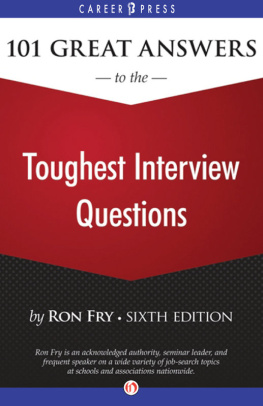
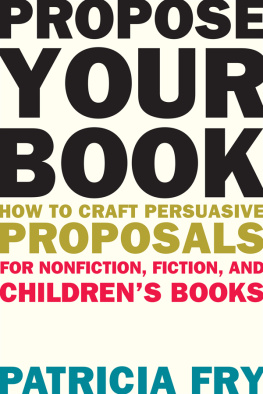
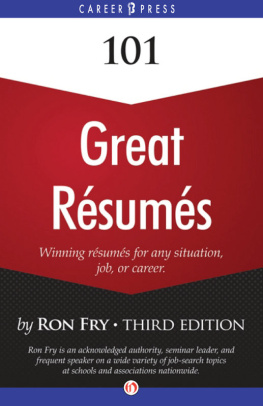
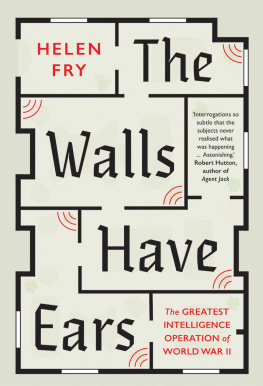
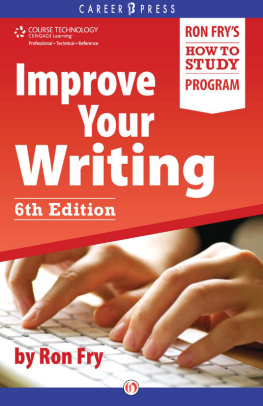
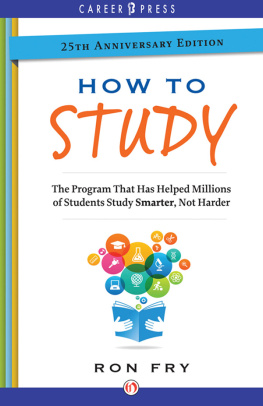
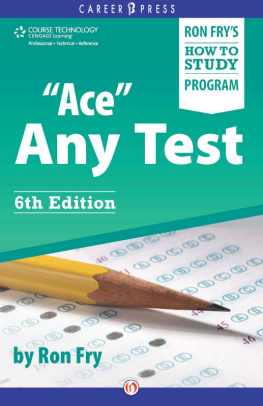
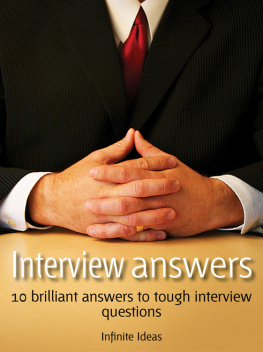
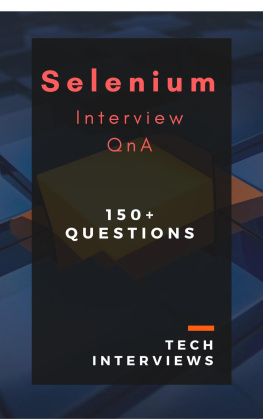
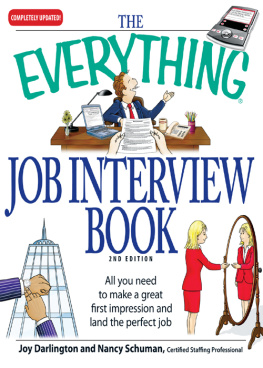
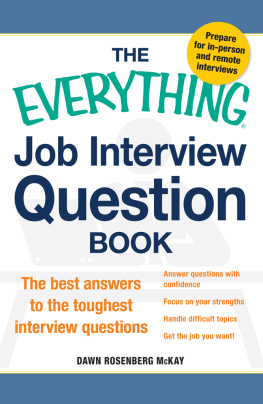

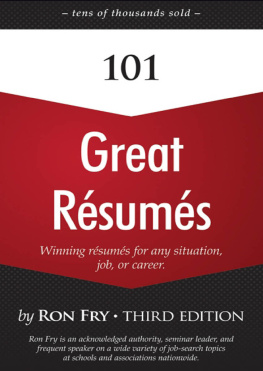
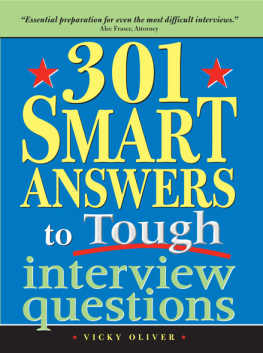


 Green Light
Green Light Red Light
Red Light